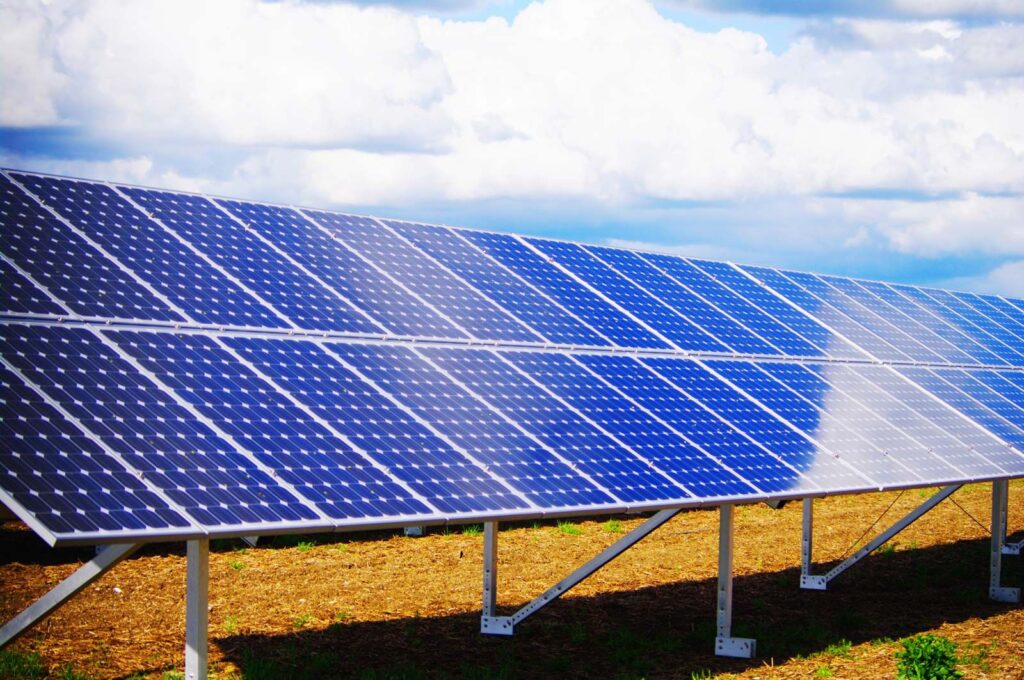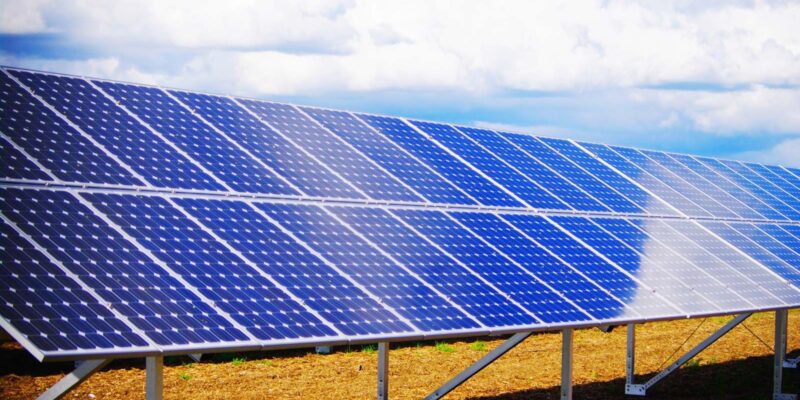
The Federal Government has reiterated its commitment to ending the importation of photovoltaic (PV) solar panels, citing over ₦200 billion spent on imports so far — a trend it aims to reverse by boosting local manufacturing capacity.
Speaking at a roundtable in Victoria Island, Lagos, on Monday, the Managing Director and Chief Executive Officer of the Rural Electrification Agency (REA), Abba Aliyu, made this known during the signing of a Memorandum of Understanding (MoU) between the REA and the Lagos State Government for rural electrification projects.
Aliyu disclosed that the agency is aggressively pursuing the domestication of renewable energy technologies, with Lagos poised to lead the nationwide shift towards local manufacturing.
“Over ₦200 billion has gone into importing PV panels into Nigeria. While imports may still be necessary in the short term, our focus now is on domesticating the manufacturing of renewable equipment, and Lagos will be at the forefront of this transformation,” he said.
According to him, the REA has already facilitated the growth of a PV panel manufacturing plant in Ikotun, Lagos, which has scaled from a 10-megawatt to a 100-megawatt production capacity through collaboration with the agency.
In a major boost to the sector, Aliyu also revealed that the REA is finalizing a joint development agreement with Green World for a lithium battery assembly plant in Lagos — a $150 million investment expected to further solidify Nigeria’s clean energy value chain.
Backing the initiative, Minister of Science and Technology, Uche Nnaji, emphasized the government’s readiness to support local manufacturers, saying the National Agency for Science and Engineering Infrastructure (NASENI) has already commenced production of solar panels.
“With NASENI and other private players already producing solar panels locally, we are determined to end the era of over-dependence on imported panels through Executive Order No. 5. Supporting local industries is no longer optional — it’s imperative,” Nnaji declared.
Meanwhile, the Renewable Energy Association of Nigeria (REAN) stressed that solar energy remains a critical solution for millions of Nigerians who remain disconnected from the national grid, urging sustained investment and policy support to ensure energy access for all.

Comments